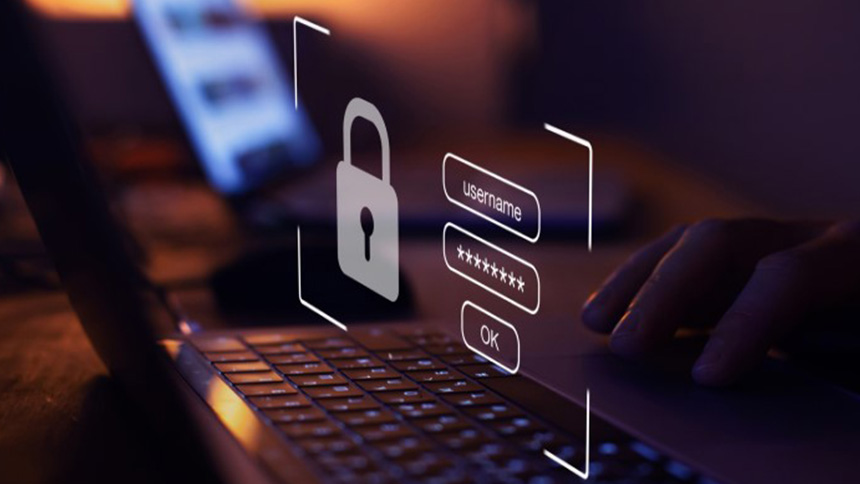
Don’t Give Love a Bad Name with Password Sharing
Giving chocolates, flowers or a new scent on Valentine’s Day is a sweet gesture in many relationships, but password sharing is not. It may be one way to prove your love, but it could lead to trouble, including identity theft.
Romance in the digital era is beset by a unique set of challenges, as anyone who has agonized of their Facebook relationship status can attest. The trickiest hurdle to navigate is dealing with those three little words that mean so much: “What’s your password?”
That’s right, password sharing has become a new expression of intimacy. For teens, the exchange of email, Facebook, or other passwords is a sign of trust, demonstrating that neither party has anything to hide. For adults who live together or are married, swapping those case-sensitive characters extends beyond a symbolic gesture to matters of household efficiency.
But when does convenient password sharing cross into risky behavior? And what do you do if the relationship goes south? More often than not, it’s better to think twice before taking the password-sharing plunge.
Woodrow Hartzog, an assistant professor of privacy law and online agreement at Stanford University, addressed the social and legal risks of password sharing in a January NPR interview:
“A lot of people feel as though they have nothing to hide from a friend or a spouse or romantic partner, so they share, thinking, ‘I’m an open book,’” Hartzog said, “But, it’s significantly more complicated than that.”
Perhaps most important to remember is that by giving out your password, you are giving someone else access to use your personal information. If you’re savvy about using strong & unique passwords for different accounts—and that’s a big “if”—certain types of password sharing can be benign. Say, allowing your boyfriend the freedom to add titles to the Netflix queue.
But in many other instances—with email, instant message, bank, and other accounts—sharing a password is tantamount to providing unmitigated access to your personal life and your personally identifiable information (PII). The consequences can range from fights over misinterpreted emails to, in extreme cases, identity theft.
Hartzog explains other pitfalls of password sharing:
“You risk getting locked out of your account because someone else has the password and can change it, and you wouldn’t know it. You also give someone a very credible means to impersonate you,” Hartzog said, “And all of these things can have legal consequences, the least of which might be violating the terms of service on most websites.”
For those who dare to share passwords, the risk for problems after a relationship ends is especially high.
Follow the measures below to protect yourself after password sharing in the event of breakup, separation, or divorce:
- Immediately reset passwords on all shared accounts.
- Closely monitor your accounts in the months afterward and throughout any legal process.
- Don’t share. Be prudent about discussing your relationship on social networking sites.
- Secure a safe-deposit box for important documents.
- Know the law. Learn your state’s laws about community property and shared debt and credit.

